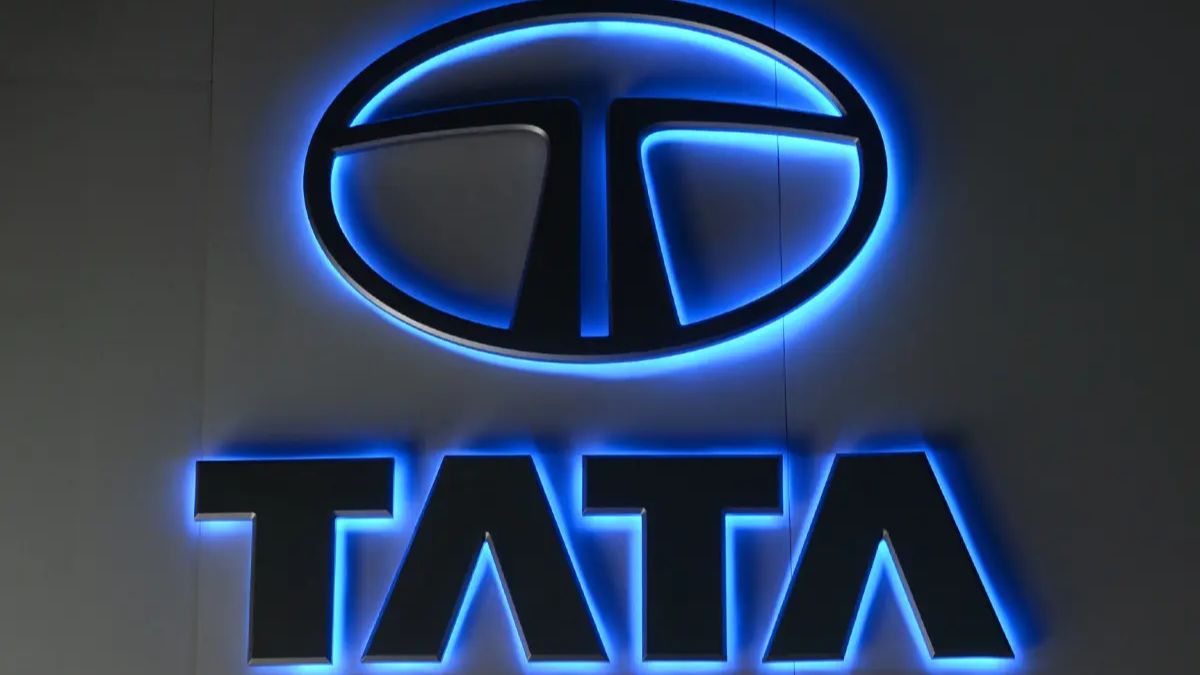Tata Motors has recently introduced the Altroz iCNG, a noteworthy initiative aimed at enhancing the appeal of compressed natural gas (CNG) vehicles and addressing their inherent limitations. By strategically incorporating premium features into the Altroz iCNG, Tata Motors has elevated its desirability in a segment that required such enhancements.
Shailesh Chandra, Managing Director of Tata Motors passenger vehicles, stated the company’s intention to introduce CNG variants in segments where diesel cars are being phased out. This strategy is logical considering that CNG offers low running costs similar to diesel. With the recent increase in fuel prices, both diesel and CNG have become more expensive, but diesel remains costlier in most cities, and the 10-year cap on diesel vehicles in Delhi-NCR discourages potential buyers.
In addition to cost considerations, diesel engines face challenges in meeting strict emission regulations. CNG presents an excellent solution due to its lower emissions, which can also contribute to improving a carmaker’s Corporate Average Fuel Efficiency (CAFE) score. While many car manufacturers discontinued their smaller diesel engines to avoid costly upgrades, Tata Motors took a different approach. Despite discontinuing the 1.2 diesel engine in the Tiago and Tigor models during the BS6 Phase 1 transition in 2020, Tata Motors continued to offer the 1.5 diesel engine in the Altroz and Nexon models until April 2023.
To comply with emissions regulations for the Altroz and Nexon’s 1.5 diesel engine, Tata Motors utilized the relatively cost-effective passive Selective Catalytic Reduction (SCR) technology. However, industry insiders suggest that the engines barely meet the regulatory standards with a small margin. As a result, the 1.5 diesel engines in the Nexon and Altroz will not pass the next round of regulations and will be discontinued. Tata Motors views this temporary solution as an opportunity to gain a competitive advantage in segments where diesel is being phased out or has already exited, such as premium hatchbacks and compact SUVs.
Currently, the Altroz is available with both CNG and diesel powertrains, and the Punch is set to be the next model from Tata Motors to receive the CNG treatment. With the 1.5 diesel engine not viable for more than a couple of years, the Nexon is a strong contender for the introduction of a CNG variant. As a compact SUV, the Nexon appeals to buyers seeking a frugal alternative for long-distance or high-mileage usage, similar to Hyundai and Kia’s approach with their 1.5-litre diesel engines in the Venue and Sonet models. The upcoming facelift of the Nexon could provide an opportune time to introduce the CNG variant.
However, it is less likely that Tata Motors’ Harrier and Safari models will receive CNG variants. These larger SUVs continue to rely on the powerful and popular 2.0-litre Stellantis Multijet diesel engine, available with both manual and automatic transmissions. While the petrol engines in these models are not suitable for CNG conversion, Tata Motors plans to introduce its new 1.5-litre turbo-petrol engine showcased at Auto Expo 2023. The inclusion of CNG variants in Tata’s midsize SUVs, the Curvv and Sierra, is still uncertain.
Maruti Suzuki has taken a proactive stance on CNG adoption and offers CNG variants in several models, including the Baleno premium hatchback, Brezza compact SUV, Ertiga and XL6 MPVs, and the Grand Vitara SUV. Toyota, in collaboration with Maruti, also offers CNG options in the Glanza and Urban Cruiser Hyryder models. Hyundai currently offers CNG only in the Grand i10 Nios and Aura compact cars,
with the upcoming Exter being a potential candidate for CNG adoption. Skoda and VW have expressed interest in CNG but have yet to launch any CNG models. Mahindra, on the other hand, does not currently offer any CNG models.
Manufacturers differentiate themselves based on their approach to diesel engines. Hyundai and Mahindra have extended the lifespan of their 1.5 diesel engines to cater to various models. Toyota employs diesel engines in its larger models but not in lower segments. Skoda and VW discontinued diesel engines in 2020 but compensate with efficient TSI petrol engines. Maruti Suzuki abandoned diesel engines and focused on strong hybrids and future EVs, making CNG an attractive alternative to bridge the market gap.


